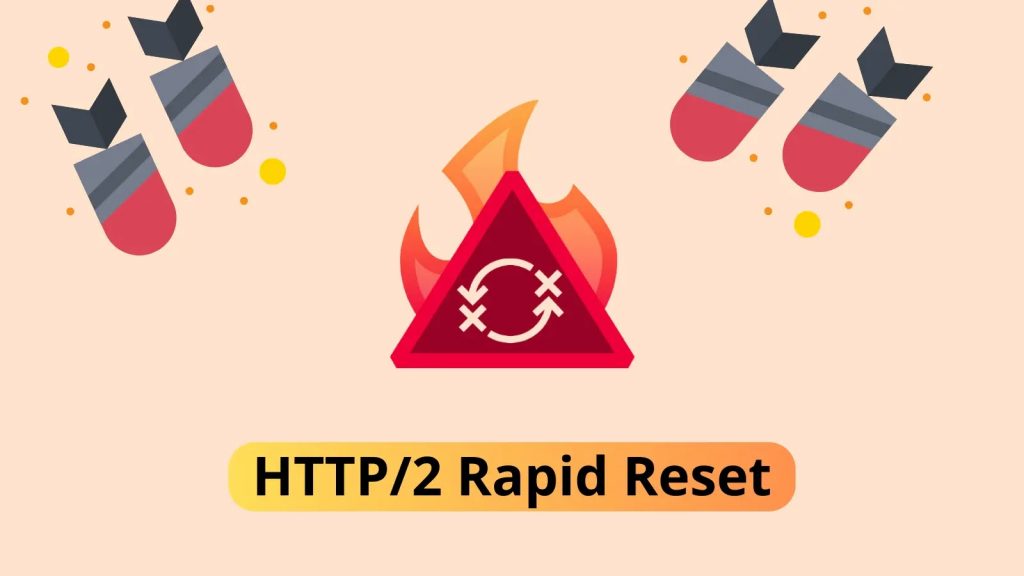In the ever-evolving digital realm, Distributed Denial of Service (DDoS) attacks have emerged as a formidable menace to online businesses. Safeguarding uninterrupted service availability and shielding sensitive data necessitates the implementation of proactive measures aimed at bolstering resilience against the onslaught of DDoS storms. This blog delves into a range of strategies and cutting-edge technologies that can fortify your systems and effectively mitigate the adverse effects of DDoS attacks.
proven Track Record
Customer Satisfaction
We Have Completed
Average Answer Time
Strategies
- Traffic Analysis and Filtering: Implementing advanced traffic analysis tools and filtering mechanisms enables the identification and blocking of malicious traffic patterns associated with DDoS attacks. Solutions like rate limiting, traffic profiling, and anomaly detection algorithms help distinguish legitimate user traffic from malicious requests
- Load Balancing and Redundancy: Distributing incoming traffic across multiple servers through load balancing techniques not only optimizes performance but also increases system resilience. Redundancy measures, such as server replication and failover mechanisms, ensure continuous service availability even during DDoS onslaughts.
- Content Delivery Networks (CDNs): Leveraging CDNs helps offload traffic from origin servers by caching and delivering content from edge servers located geographically closer to users. This not only improves website performance but also provides an additional layer of protection against DDoS attacks by absorbing and mitigating malicious traffic.
- DDoS Mitigation Services: Engaging with DDoS mitigation service providers equips organizations with specialized expertise and advanced mitigation technologies. These services employ real-time monitoring, traffic analysis, and intelligent filtering techniques to identify and neutralize DDoS attacks swiftly.
- Application-layer Security: Implementing robust application-layer security measures, such as Web Application Firewalls (WAFs), helps protect against application-layer DDoS attacks. WAFs analyze incoming requests, identify malicious patterns, and block potentially harmful traffic, safeguarding web applications from exploitation.
How did
dultr do
Anomaly-Based Traffic Analysis – Utilizing advanced machine learning algorithms and behavioral analytics, our DDoS filtering solutions can identify abnormal traffic patterns and distinguish legitimate user traffic from malicious requests, allowing for effective mitigation of DDoS attacks.
Rate Limiting and Traffic Shaping – By implementing rate limiting mechanisms, we can control the flow of incoming traffic and restrict the number of requests from a single source, preventing overwhelming server resources. Traffic shaping techniques enable us to prioritize critical traffic and ensure optimal resource allocation during DDoS attacks.
Traffic Profiling and Behavioral Monitoring – Our DDoS filtering solutions employ sophisticated traffic profiling techniques to analyze network traffic patterns and establish baseline behavior. By continuously monitoring traffic deviations from the established baseline, we can identify and mitigate DDoS attacks in real time.
IP Reputation Filtering – We maintain an up-to-date database of malicious IP addresses and employ IP reputation filtering to block traffic from known attackers. This proactive approach helps to reduce the impact of DDoS attacks by blocking traffic at the network level.
Deep Packet Inspection (DPI) – Using deep packet inspection techniques, we inspect the content of network packets at the application layer. This enables us to identify and block malicious traffic, even if it is disguised within legitimate-looking packets.
Cloud Scrubbing Centers – In partnership with leading cloud service providers, we utilize cloud scrubbing centers that leverage vast computing resources to absorb and filter out DDoS traffic. This offloading of traffic from the target infrastructure allows for effective mitigation and ensures uninterrupted service availability.

Concussion
- Advanced anomaly-based traffic analysis distinguishes legitimate traffic from malicious requests.
- Rate limiting and traffic shaping techniques control and prioritize incoming traffic during DDoS attacks.
- Traffic profiling and behavioral monitoring enable real-time identification and mitigation of DDoS attacks.
- IP reputation filtering blocks traffic from known malicious IP addresses.
- Deep packet inspection detects and blocks malicious traffic at the application layer.




